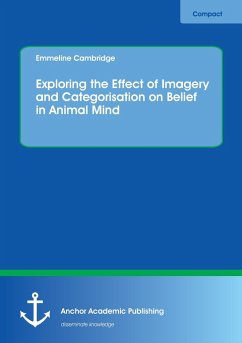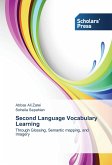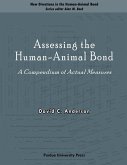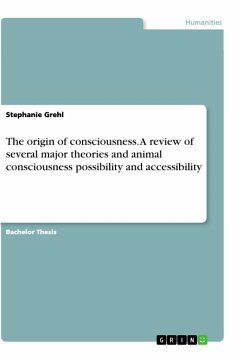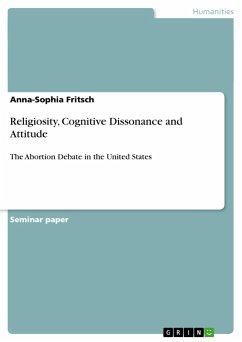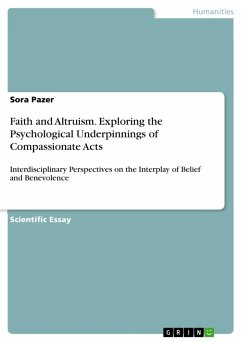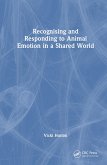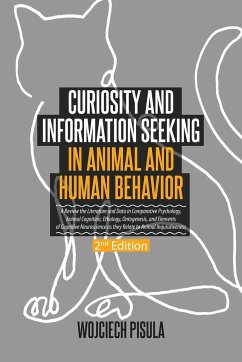Following the horse meat scandal of 2012 the concept of the meat paradox was created: engaging in the consumption of meat whilst simultaneously disliking hurting animals. The theory of cognitive dissonance suggests that farm animals are denied mind in order to relieve negative feelings associated with eating animals. The present study explores the hypothesis that animals will be attributed mind based on their category. The effect of the presentation of the respective animal (e.g. text/image) on the attribution of animal mind is also tested, as well as association between mind attitudes toward animals. 69 participants recruited using the Hanover social research website and University of Worcester research scheme completed this study.
Participants completed a demographic questionnaire followed by the "attitudes towards animals scale" (ATAS) and an animal mental capacity rating task in either the control (text) or experimental condition (image) conditions. The animals formed a number of categories, including food and companion animals.
Participants completed a demographic questionnaire followed by the "attitudes towards animals scale" (ATAS) and an animal mental capacity rating task in either the control (text) or experimental condition (image) conditions. The animals formed a number of categories, including food and companion animals.

